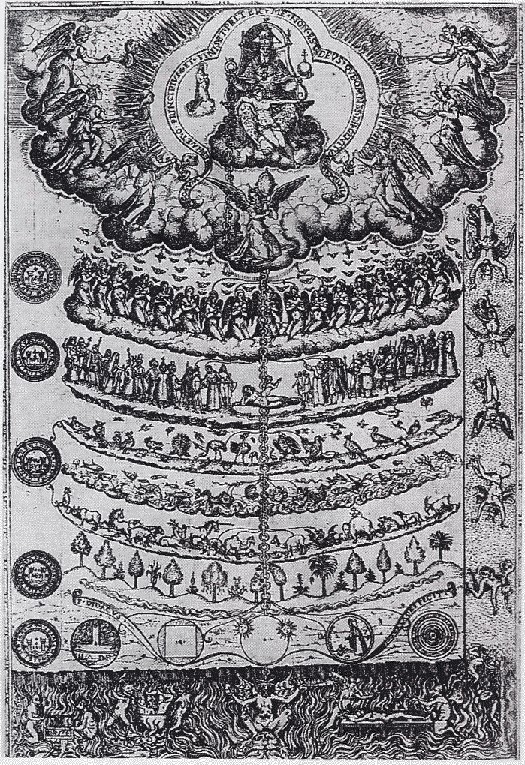What does the New Testament actually say about morality?
In a short article called “The Myth of Secular Moral Chaos,” Sam Harris asks this simple question: What does the New Testament actually say about morality? As a warm-up, he describes Old Testament morality (sometimes cited and approved in the new testament):
Human sacrifice, genocide, slaveholding, and misogyny are consistently celebrated. Of course, God’s counsel to parents is refreshingly straightforward: whenever children get out of line, we should beat them with a rod (Proverbs 13:24, 20:30, and 23:13–14). If they are shameless enough to talk back to us, we should kill them (Exodus 21:15, Leviticus 20:9, Deuteronomy 21:18–21, Mark 7:9–13, and Matthew 15:4–7). We must also stone people to death for heresy, adultery, homosexuality, working on the Sabbath, worshiping graven images, practicing sorcery, and a wide variety of other imaginary crimes.
When I told a fundamentalist relative that such writings disturbed me and that they did not inspire me, she said: “You shouldn’t read so much of the Old Testament and focus on those things that trouble you. Instead, you need to read more of the New Testament.” Although she claimed that the Bible was “perfect and without any contradictions,” apparently (for her), the New Testament was more perfect than the Old Testament. Harris has also heard this claim, from Christians, that Jesus is kinder and gentler than the Old Testament God. Harris therefore checked the New Testament:
…

 [The 1579 drawing of the great chain of being from Didacus Valades, Rhetorica Christiana]
Even though biology does not recognize a status hierarchy among living things, the “chain of being” schematic nonetheless lingers in the minds of some people, especially among people who fail to appreciate the immense biological record uncovered by dedicated scientists, the importance of the scientific method and the elegance of evolutionary theory.
Those who oppose evolution tend to be the same people who go around dissing organisms traditionally plotted lower on the chain of being diagram. A good example would be the (lack of) respect given to sponges. You can almost hear the fundamentalists spitting and hissing as they utter something like the following: "How dare those evolutionists claim that we come from sponges!"
To me, however, this reasoning does not reveal a scientific dispute, but only ignorance regarding the intimate biological relationship between humans and sponges. I find the harsh anti-evolutionary rhetoric of fundamentalists to be, essentially, anti-spongist. Since one can further trace human ancestry all the way to bacteria, I find such reasoning also anti-bacterialist. It makes me want to shout: You anti-spongists! You anti-bacterialists!
The remedy for this attitude problem of fundamentalists is that they need to take the time to honor and appreciate the complexity of "simpler" organisms.
[The 1579 drawing of the great chain of being from Didacus Valades, Rhetorica Christiana]
Even though biology does not recognize a status hierarchy among living things, the “chain of being” schematic nonetheless lingers in the minds of some people, especially among people who fail to appreciate the immense biological record uncovered by dedicated scientists, the importance of the scientific method and the elegance of evolutionary theory.
Those who oppose evolution tend to be the same people who go around dissing organisms traditionally plotted lower on the chain of being diagram. A good example would be the (lack of) respect given to sponges. You can almost hear the fundamentalists spitting and hissing as they utter something like the following: "How dare those evolutionists claim that we come from sponges!"
To me, however, this reasoning does not reveal a scientific dispute, but only ignorance regarding the intimate biological relationship between humans and sponges. I find the harsh anti-evolutionary rhetoric of fundamentalists to be, essentially, anti-spongist. Since one can further trace human ancestry all the way to bacteria, I find such reasoning also anti-bacterialist. It makes me want to shout: You anti-spongists! You anti-bacterialists!
The remedy for this attitude problem of fundamentalists is that they need to take the time to honor and appreciate the complexity of "simpler" organisms.